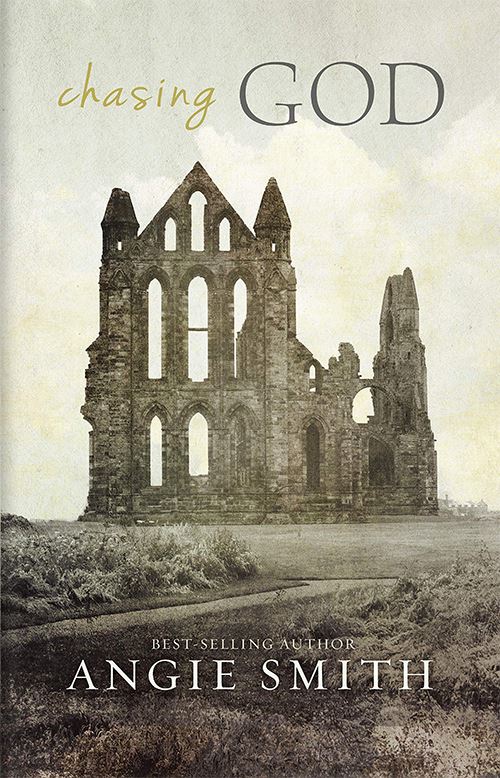For most of my Christian life, I have been chasing God. I have piled up commentaries, memorized scholar’s words, and watched how others walk with Him, all the while keeping journals of the bread crumbs I think He’s leaving for me as I go. I’ve stacked up the “required” pile with false obligations and bloated assumptions, and I’ve scorned the mystery with my desperate need for control. I know I’m not alone. We try to fill in the gray instead of living in the black and white. We shape theology to suit our taste, our times, our situations, and our desires. It’s the mess we’ve made by desiring to understand Him more than we want to know Him, and we’re growing more exhausted than inspired every day. The goal of this book is not to present you with a formula for living out Christianity. It’s to offer my thoughts on the difference between looking for Him and looking at Him. And maybe you, like me, have been spending your time going after the wrong objectives (without realizing it) and it’s left you weary of the whole process. What was meant to be a gift has become an obligation, a source of guilt, or a way to fight fear. I assure you, I have been there. And it took quite a bit of time on my knees before I realized I was needlessly exhausted and unsure of my role as a follower of Christ. Don’t misunderstand me; we are not called to be passive in our journey with Christ. In fact, being a disciple of Christ necessitates that we press forward until we can hardly believe we can do it anymore. The problem comes when we use our energy in ways He never asked us to because we’re more concerned with our own feeble sketches of God than we are with God Himself. We rely on our standards, our rules, our opinions, our agendas, and our measurements of holiness instead of His. And as the books pile one on top of another, so do the questions. It’s the difference between following and chasing. The key that finally turned the door of my faith was understanding that we are called to one and not the other. We stare at the rest of the pew, wondering why we aren’t as far along as they are, secretly resenting those who unswervingly claim their faith while we enter another Bible study group, hoping something will stick. If I just do this, I’ll catch Him. My misguided understanding of responsibility, control, and ability led me to despair of all the wrong failures and to celebrate successes that God Himself doesn’t recognize as such. It’s what happens when you try to use religion to fill in the gaps of your faith. Religion is what we build with our own hands when we can’t stand to feel like observers. And when it crumbles, we blame God. We have determined the man-made ceiling to be our own instead of the heavens themselves, and we have allowed our insatiable hunger for understanding to strangle the mystery we’re supposed to embrace. Angie Smith, Chasing God (Nashville, TN: B&H Books, 2014). |
If you are wanting to do a particular passage or book study and can't find it, feel free to email me at josh@joshhunt.com21 Laws of Discipleship -- the book -- |



















